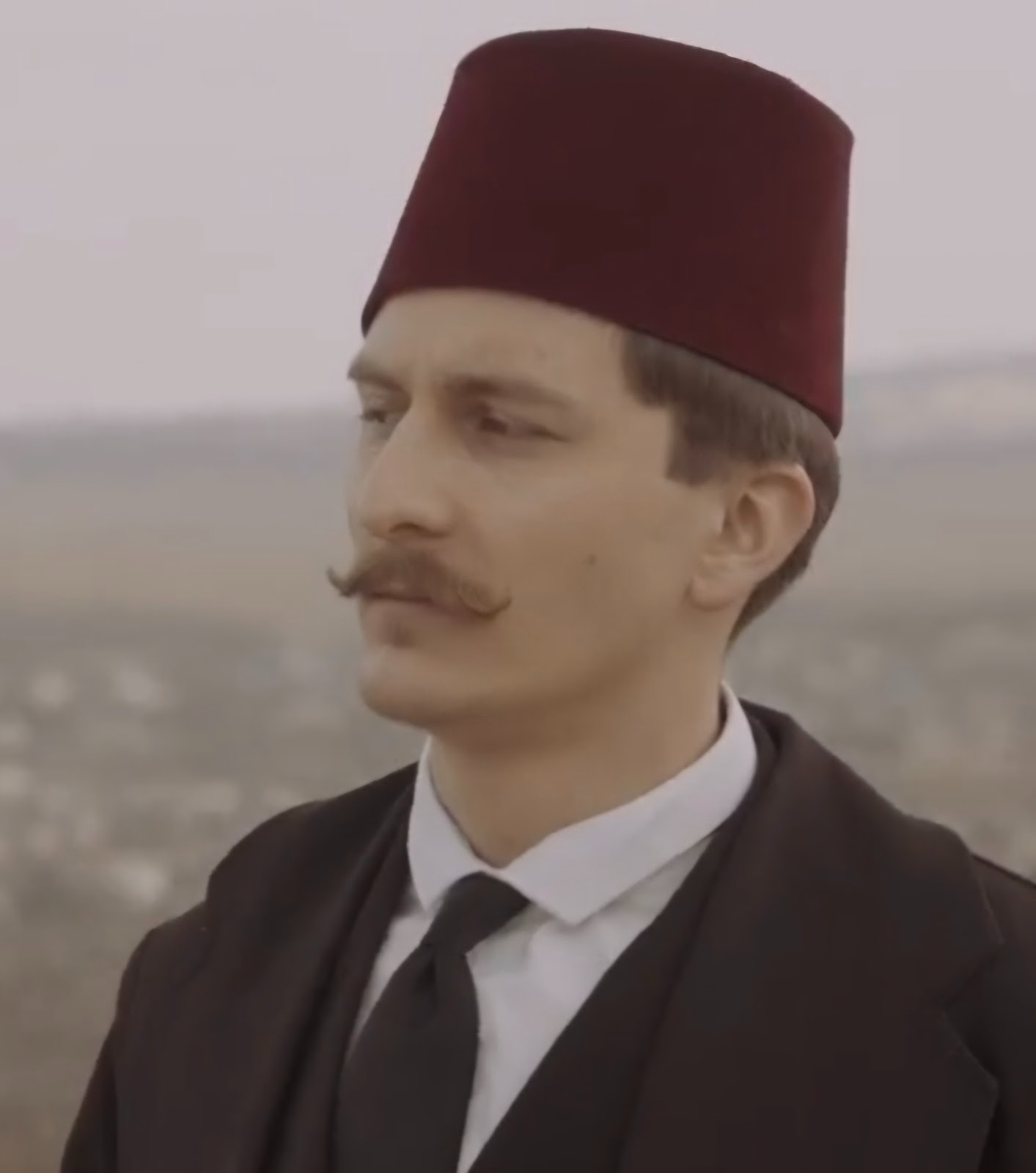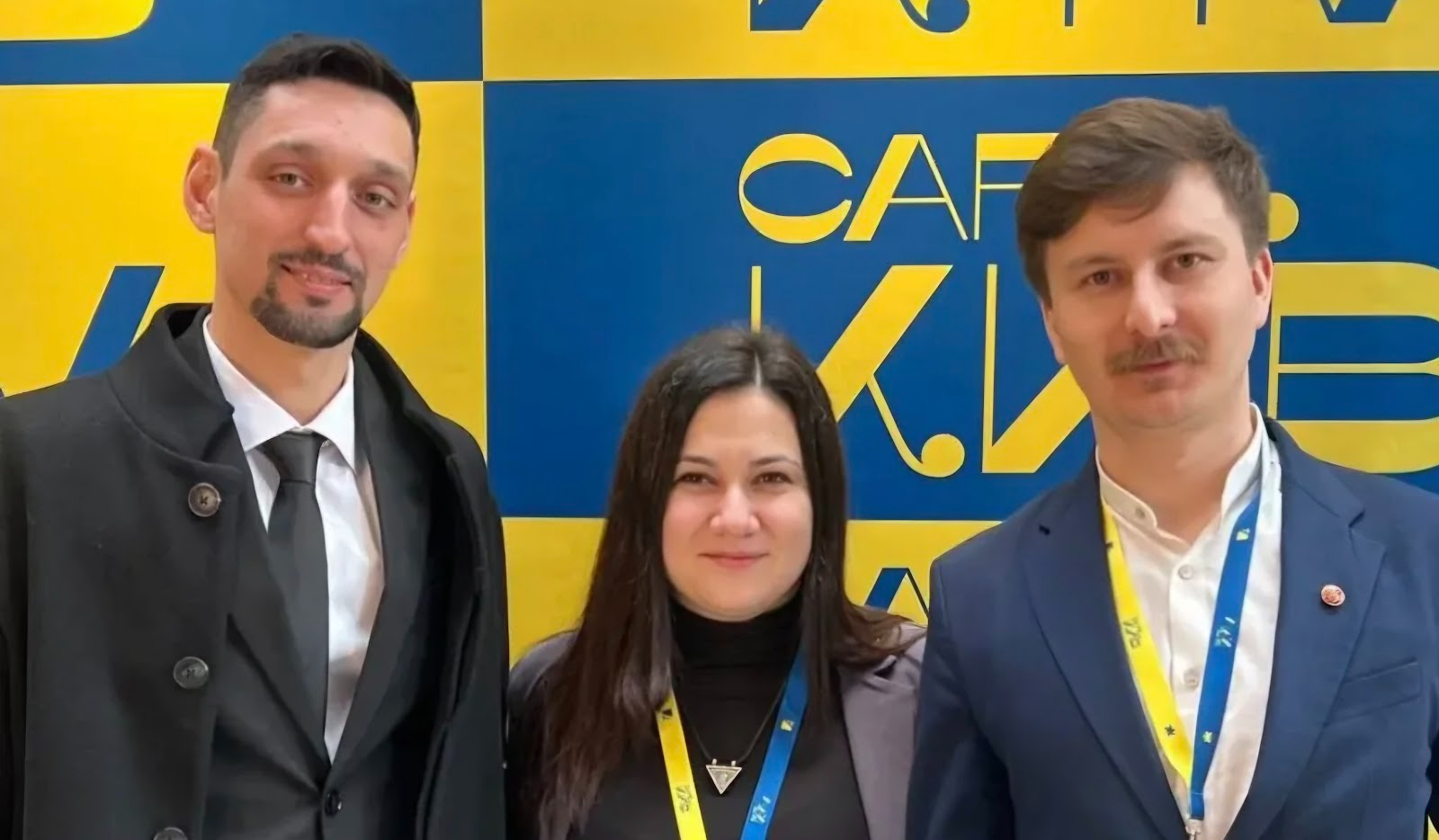On September 6, 2025, an Assembly (Kurultai) of Crimean organizations will gather in Nuremberg, Germany, aiming to unite Crimean Tatar activists in Europe under a single umbrella. The organization’s goals are ambitious. It seeks to represent the interests of the Crimean Tatars before European governments and grounds its establishment on the “continuity of the political will expressed by the Second Kurultai of the Crimean Tatar People on June 28, 1991, in the Declaration on the National Sovereignty of the Crimean Tatar People” (quote from the draft Charter).
Thus, in Europe, under the roof of a civic association, a new political project is being formed, one that claims the role that for the past 34 years has been played by the Kurultai and the Mejlis of the Crimean Tatar People.
The actual organizers of the “European Kurultai” do not publicize their names. Invitations are being sent out by several Crimean Tatar immigrants in Germany. One of them, Elvis Cholpukh (Ilyasov), in recent years organized the Crimean Tatar holiday of Khydyrlez in Weimar.

Elvis Cholpukh as Ismail Gasprinsky in the film “Terciman” (“The Translator”)
A psychiatrist by training, Cholpukh became known in Crimea after acting in a documentary about Ismail Gasprinsky, in which he played the role of the great enlightener. In Germany, he created the civic association “Kermen,” which now serves as the base for forming the pan-European assembly. Another organizer is Emil Ibragimov from Berlin, one of the co-founders of the Kyiv youth organization Q-HUB and a former official at Ukraine’s Ministry of Reintegration.

Photo from Elvis Cholpukh’s Instagram. On the right Elvis Cholpukh, on the left Emil Ibragimov
Another organizer was discovered by CEMAAT almost by chance, when asking for comment from the spiritual leader of the Crimean Tatar People, Mustafa Dzhemilev. Mustafa-aga named as a co-organizer of the “Nuremberg process” Suleiman Mamutov - a member of the UN Permanent Forum on Indigenous Issues and the main advocate for renaming the Crimean Tatar people as “Crimeans”. At the same time, Mejlis Chairman Refat Chubarov denies Mamutov’s involvement in creating the assembly. What both Dzhemilev and Chubarov agree on is that the organizers of the Euro-Kurultai did not deem it necessary to inform the Mejlis of their plans - though they should have.
“This group already tried to reform the Mejlis at the end of 2021, arguing that the mandates of the Kurultai and the Mejlis had long since expired,” recalls Mustafa-aga, “but when I asked him how he envisioned it, Zhumadilov could not answer.”
Today, Arsen Zhumadilov is head of the Defense Procurement Agency of Ukraine’s Ministry of Defense, an authority with an annual budget of 380 billion hryvnias. In the past, he initiated several attempts to reform the representative body of the Crimean Tatars. His most recent effort came in the fall of 2021, when he proposed electronic Kurultai elections with the participation of Crimean Tatars in Crimea. Counterarguments from opponents, that the FSB could (and would) interfere in the process, did not convince the reformer. Two meetings at the Mejlis at the end of 2021 ended inconclusively, and further discussion was cut short by the full-scale invasion.
Back when he was a student in 2004–2005, Zhumadilov, together with Emine Dzheppar and Abduraman Egiz, became a frontman of the youth organization “Bizim Qırım” (Our Crimea), whose name echoed Yushchenko’s “Our Ukraine.” He was number three, while Egiz and Dzheppar fought for leadership. Financial support for the organization at that time came from a young businessman, Rustem Umerov. Over the past 20 years, the organization disappeared without a trace, and the paths of its leading figures diverged.
Abduraman Egiz settled in Turkey, Emine Dzheppar, after holding two high-ranking posts under Poroshenko and Zelensky, chose family life and became the mother of a third daughter, while Zhumadilov, it seems, continued his climb toward the Olympus of Crimean Tatar leadership by a roundabout route. Asked by CEMAAT about the Nuremberg congress, the head of the DPA replied briefly: “haberim yok” (I have no idea).
Another critic of the Crimean Tatar political elite turned out to be better informed about the upcoming Kurultai. Seyar Kurshutov, now a businessman in Vienna, who has alternately been added to and removed from Zelensky’s sanctions lists, did not confirm his own participation in the Nuremberg congress but did not hide the fact that he had “helped the guys with a donation”. All other influential figures interviewed by CEMAAT categorically denied any financial involvement in organizing the assembly.
Deputy Director of the Ukrainian Institute Alim Aliev, MP Tamila Tasheva, director of the Crimean House and filmmaker Akhtem Seitablaiev all said they knew nothing about “Nuremberg”. All of them are signatories of the “June 26 Initiative” - an informal association of seven Crimean Tatar community leaders, devised and led by Zhumadilov. Only Emine Dzheppar confirmed she was aware of the Nuremberg assembly and intended to take part online.
One inconsistency is striking. Mustafa-aga may have been mistaken, and Suleiman Mamutov may indeed not be involved in the European Kurultai. Just like Arsen Zhumadilov, who claims to know nothing about it, although until now he had not missed a single even remotely significant event in Crimean Tatar civic life. Mamutov is not only involved in all of Zhumadilov’s current initiatives but in several of them serves as his operational manager. In particular, for six months already there has been a process of forming a controlled media outlet funded by a British Embassy grant. Strategic negotiations with the donor were conducted by the head of the DPA, while the grant recipient was a civic association close to him. Day-to-day issues were handled by Mamutov, and the frontman of the new media became Muslim Umerov, head of the youth organization Q-HUB. One of the organizers of the Nuremberg congress, Emil Ibragimov, is his longtime friend and ally - as is Suleiman Mamutov. In all civic projects, the trio “Mamutov–Umerov–Ibragimov” acted as a single team, not hiding the fact that they had chosen Zhumadilov as their guru - in part for his active attempts to reform the Mejlis. By 2023 the guys were already half-jokingly calling themselves “Zhumadilov’s trio.” Arsen Kuatovich can only be unaware of the Nuremberg assembly if he has been totally cut off from contact with the outside world - both from his actual subordinates and his old friends - almost like Gorbachev in his Foros summer residence in August 1991.
Beyond the real stakeholders of the European Kurultai, the facade matters too - the public image that will be created. So far, most of those invited to Nuremberg are either waiting or reluctant to announce their participation publicly. CEMAAT spoke with several invitees from Lithuania, Poland and Turkey. At the time of writing, none of them had confirmed their participation, although, according to the invitees, the organizers are covering flight and accommodation expenses.
It appears that many refusals to travel to Nuremberg are linked to Chubarov’s personal prejudice. Although Elvis Cholpukh insists that the new Assembly is not a competitor to the Mejlis or the World Congress of Crimean Tatars (also headed by Chubarov), but merely fills the vacuum in Europe, where during the war a Crimean Tatar diaspora has emerged but no national institutions exist.
Deputy Chairman of the WCCT Lenur Islyamov does not believe that such an initiative will produce anything serious but notes that Zhumadilov “always knew how to provoke in a good way and energize the elders”. Alim Aliev summed it up briefly: “A lot of things are multiplying, the main thing is that there’s a result.” One of those who declined to participate in the congress, speaking on condition of anonymity, said: “I fear only one thing - that the structure will become a monopolist in distributing grants for Crimean Tatar projects”. And this opinion is perhaps the most interesting and worth attention, given the influence of the “initiators” on donors inside Ukraine.